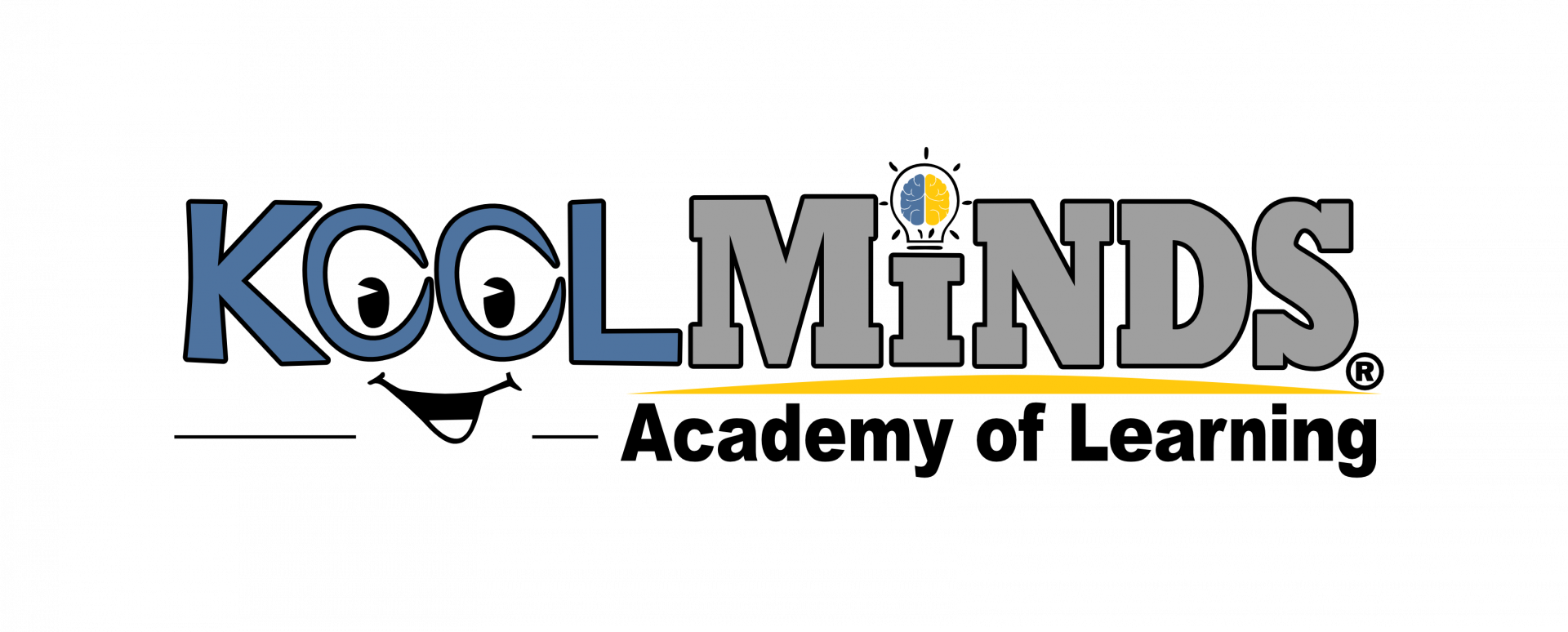What is Dyslexia?
Symptoms of Dyslexia
-
Appears bright, highly intelligent, and articulate but unable to read, write, or spell at grade level.
-
Labelled lazy, dumb, careless, immature, “not trying hard enough,” or “behavior problem.
-
”Isn’t “behind enough” or “bad enough” to be helped in the school setting.
-
High in IQ, yet may not test well academically; tests well orally, but not written.
-
Feels dumb; has poor self-esteem; hides or covers up weaknesses with ingenious compensatory strategies; easily frustrated and emotional about school reading or testing.
-
Talented in art, drama, music, sports, mechanics, story-telling, sales, business, designing, building, or engineering.
-
Seems to “Zone out” or daydream often; gets lost easily or loses track of time.
-
Difficulty sustaining attention; seems “hyper” or “daydreamer.
-
”Learns best through hands-on experience, demonstrations, experimentation, observation, and visual aids.
-
Complains of dizziness, headaches or stomach aches while reading.
-
Confused by letters, numbers, words, sequences, or verbal explanations.
-
Reading or writing shows repetitions, additions, transpositions, omissions, substitutions, and reversals in letters, numbers and/or words.
-
Complains of feeling or seeing non-existent movement while reading, writing, or copying.
-
Seems to have difficulty with vision, yet eye exams don’t reveal a problem.
-
Extremely keen sighted and observant, or lacks depth perception and peripheral vision.
-
Reads and rereads with little comprehension.
-
Spells phonetically and inconsistently.
Below outlines some of the most common characteristics based on expert knowledge from preschool to adulthood. Keep in mind that dyslexia can run on a “spectrum”.
No student will have all of the indicators and some indicators are more common than others.
There are no two people who are the same and they can range from mild, moderate, severe to profound. The most common sign of dyslexia is that they are consistently inconsistent!
In Preschool
- Delayed speech
- Confusion with left and right
- Chronic ear infections
- Mixing up words (psgetti for spaghetti) and/or baby talk
- Not being able to recognize rhymes (cat, bat, fat,) or remember nursery rhymes
- Late establishing dominant hand
- Difficulty with tying shoes
- Having a close relative with dyslexia
- Difficulty learning alphabet
- Seems to be unable to recognize letters in their own name
In Elementary School
- Slow, laborious writing that is difficult to read (dysgraphia)
- Hard time sounding out words
- Slow, robotic reading (dysfluent)
- Behavioral Problems
- Misreads small function words (to, so, of, for, saw)
- Misreads words and will leave out suffix (run for running)
- Difficult time sounding out words and will guess words or just leave them out
- Trouble remembering dates
- Difficulty with telling time, math facts, times tables
- Difficultly with spelling
- Has a hard time retrieving words will often say “thingy” for many words
- Can be disorganized (messy backpack/desk/bedroom, loses things, forgets to complete homework)
- Hard time with sight words (when, they, were)
- Dreads going to school
- Letter or number reversals extended past 2nd grade
- Will replace words such as "kitty" for cat, “puppy” for dog and refer to reading pictures rather than the words.
- Inconsistently consistent (one day they know the word “then” and the next day they say “when”
- Does not understand that words can be broken apart.
- Low reading stamina (gets tired after reading for a long time)
- Does not read for pleasure and does not like to read aloud
- Homework is stressful
- Has a hard time with comprehension
- Does not understand that letters are made up of sounds (c says /k/)
- Avoids reading aloud
- Confuses words (tornado for volcano) (death for deaf)
- Mispronounces long unfamiliar words
- Needs extra time to respond/Struggles with timing on tests
In High School
- All of the above plus the following:
- Limited vocabulary
- Poor written expression
- Verbal skills may be strong but getting ideas on paper don’t match the verbal output
- May drop out of school
- Behavior issues
- Poor grades
- Unable to master foreign language
- Struggles to finish exams on time
- Struggling remembering dates, phone numbers addresses
- Reads below grade level despite high intelligence
- Trouble telling main parts of a story
In Adults
- May have had many of the characteristics listed above as well as:
- Being a slow reader
- Terrible speller
- Has a hard time putting thoughts on paper compared to verbally expressing thoughts and dislikes writing
- May have to read multiple times to understand what they are reading
- Directionality issues (left and right)
- May still reverse letters when fatigued
- May have poor spatial awareness and get lost easily
- While reading skills have developed over time, reading still requires great effort and is done at a slow pace
- Rarely reads for pleasure
- May pronounce the names of people and places incorrectly
- Struggles to retrieve words. May have more than usual “tip of my tongue” moments

